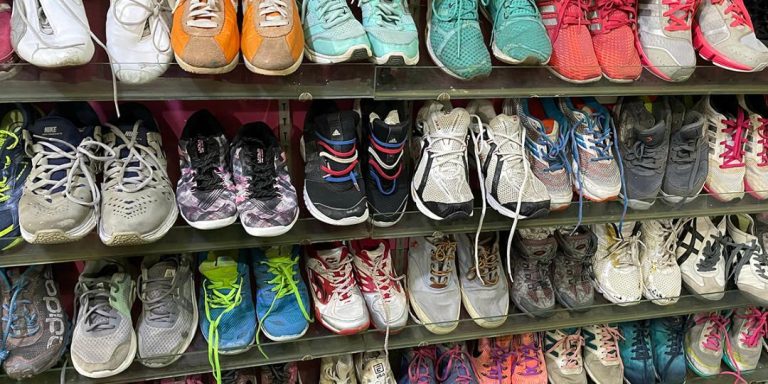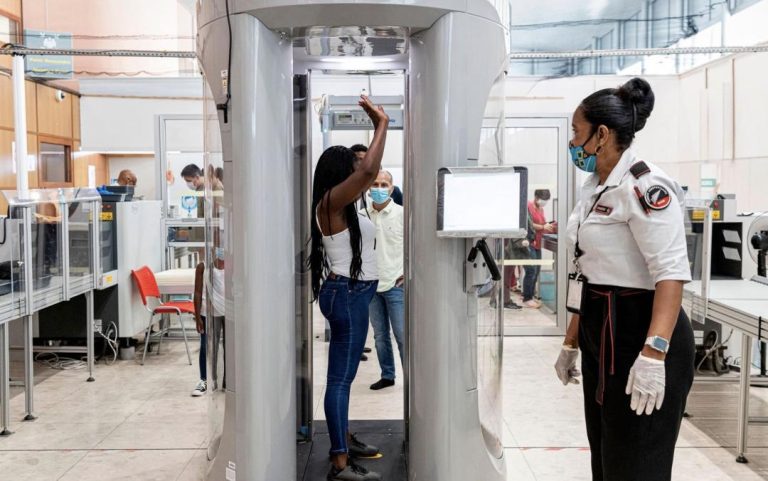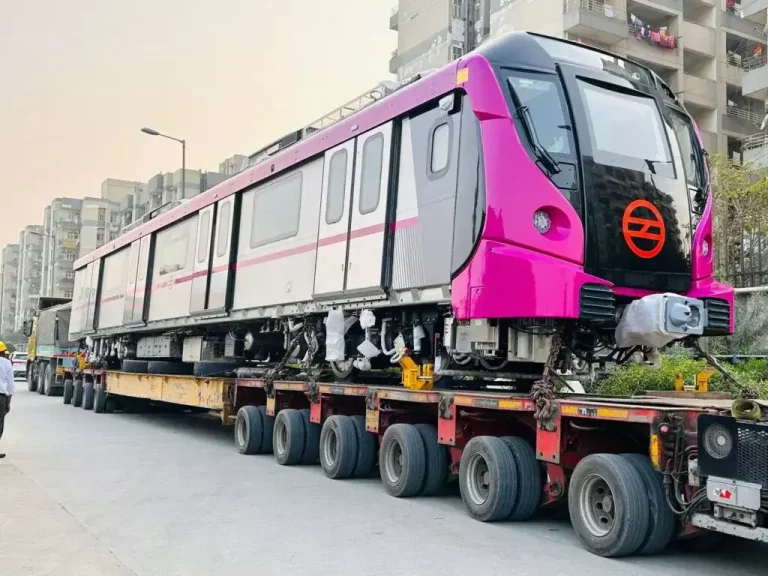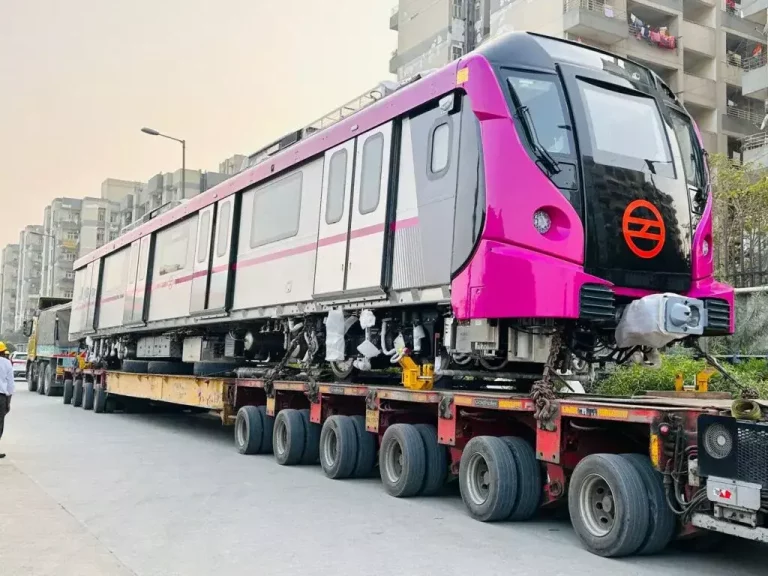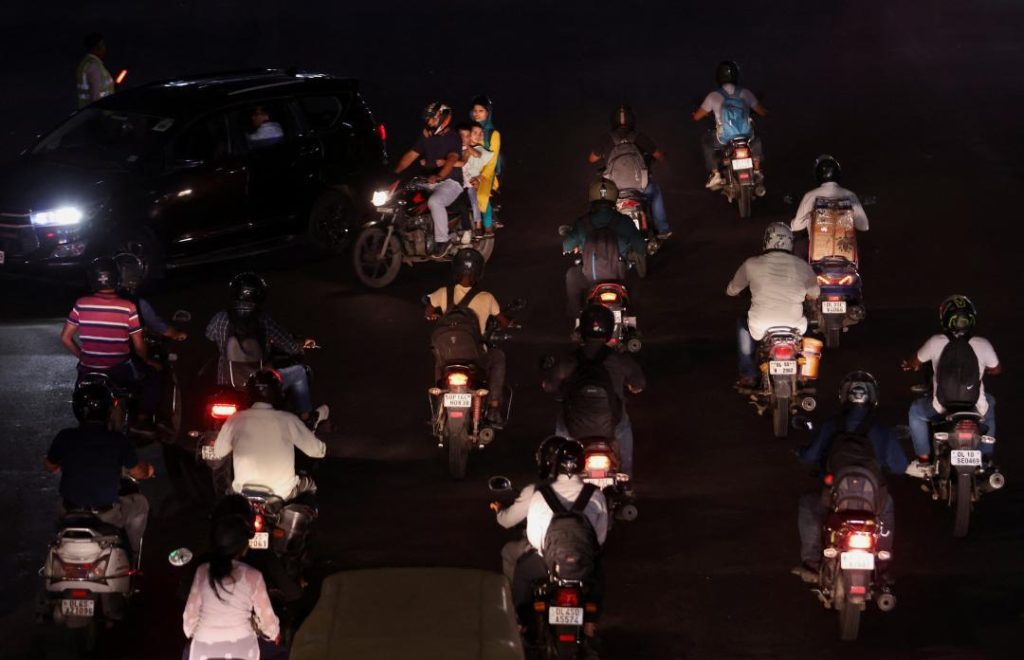
All 2-wheelers to be mandatorily sold with 2 ISI-certified helmets: Gadkari
In a move aimed at reducing the alarming number of fatalities on Indian roads, Union Road Transport and Highways Minister Nitin Gadkari has announced that all two-wheelers will now be mandatorily sold with two ISI-certified helmets. The new rule is expected to have a significant impact on road safety, particularly for two-wheeler riders who are often the most vulnerable on the roads.
As per the latest statistics, India witnesses over 69,000 two-wheeler fatalities each year, with a staggering 50% of these fatalities being attributed to the absence of helmets. This is a disturbing trend that needs to be addressed urgently, and the government’s decision to make helmets a compulsory accessory for all two-wheelers is a step in the right direction.
The Two-wheeler Helmet Manufacturers Association (THMA) has welcomed the government’s decision, with their President, Rajeev Kapur, terming it as “not just a regulation, but a national need”. Kapur highlighted the importance of helmets in reducing the risk of fatalities and injuries, and emphasized that the industry is fully equipped to meet the demand for high-quality, ISI-certified helmets.
The decision to make helmets mandatory for all two-wheelers is not a new one. In fact, helmets have been mandatory for all two-wheeler riders in India since 1999. However, the reality on the ground is that many riders still choose to ride without helmets, citing various reasons such as inconvenience, discomfort, or lack of awareness about the importance of helmets.
The government’s decision to make helmets a compulsory accessory for all two-wheelers aims to address this issue by making helmets an integral part of the manufacturing process. This means that all two-wheeler manufacturers will now have to include two ISI-certified helmets with every vehicle they sell. This move is expected to not only improve road safety but also reduce the number of fatalities and injuries caused by two-wheeler accidents.
The impact of this decision will be felt most by those who ride two-wheelers, particularly in urban areas where traffic congestion is a major issue. Two-wheeler riders are often forced to navigate through congested roads, parking lots, and construction zones, making them more vulnerable to accidents. Helmets can help reduce the risk of head injuries and fatalities in the event of an accident, and the government’s decision to make them mandatory is a step towards creating a safer road environment.
The government’s decision has also been welcomed by road safety advocates, who have long been campaigning for stricter regulations to improve road safety. “This is a great move by the government to improve road safety,” said Prashant Vyas, a road safety activist. “Helmets are a simple yet effective way to reduce the risk of fatalities and injuries, and we welcome any move that promotes road safety.”
However, there are also concerns that the government’s decision may lead to increased costs for two-wheeler manufacturers and ultimately, for consumers. The cost of ISI-certified helmets can range from Rs 500 to Rs 2,000, depending on the quality and features. While the cost may seem high to some, it is a small price to pay for the safety and security that helmets provide.
In conclusion, the government’s decision to make helmets a compulsory accessory for all two-wheelers is a welcome move that aims to improve road safety and reduce fatalities and injuries caused by two-wheeler accidents. While there may be concerns about the cost and inconvenience of helmets, the benefits far outweigh the drawbacks. As the THMA President has said, “This is not just a regulation, but a national need.” It is time for all two-wheeler riders to take road safety seriously and make helmets a part of their daily routine.

